Hope is a mentality.
A state of mind.
It’s not a thing you can touch, like a coffee table, or a bird’s feather.
It’s in the air around us, like oxygen, but that doesn’t mean it’s always available. Hope is often there when you need it, but not always.
Like now.
The last few weeks have seen an outpouring of grief, anger, fear, and hostility beyond anything I can recall. I’ve been conscripted several times to be the voice of reason, assuring friends and loved ones that there are precedents for what’s happening in the United States.
We have a history of nativism and racism that goes back to our nation’s founding. Even NYC, a sanctuary city if ever there was one, used to be a very rough place for foreigners. Look no further than the incredibly violent Scorcese film “Gangs of New York,” if you doubt me.
We’ve had Nixon, W. Bush, and Reagan in the modern era, but the US has a history of enacting laws to restrict immigration, or at least the status of immigrants. We all know about the Ellis Island phase, lend me your tired, your poor and your huddled masses, but America has been cruel as often as it’s been kind.
But looking back at shitty phases of our history is not a particularly effective way to summon hope, I’d suggest.
Hope requires a belief, inside one’s soul, that things are going to be OK in the end. That everything will get better, if not soon, than eventually. Unfortunately, while it can be inspired, (a la Obama,) it can’t be manufactured elsewhere and then transplanted, like a pre-fab home.
You actually have to believe, to have hope, which is why February 2017 is such a tricky time for millions and millions of people.
They’ve actually begun to doubt that things will ever get better again. I blame social media, personally, as an echo chamber of everyone else’s’ fear and misery is not the best place to hang out, if you’re trying to get your head on straight.
But Facebook is as popular as its ever been, offering people confirmation of their worst thoughts and theories: World War 3. The return of a Hitler-like force for evil. The end times.
Not good.
Basically, much of America’s population is suffering from PTSD at the moment, and apparently the condition is contagious.
As artists, though, it’s our job to look past the current moment; to think differently from the masses, even if we all share the same digital platforms. There aren’t many people with a plan of action these days, to counter the Trumpian revolution, but I’d suggest it’s the same plan that worked for you last year, and back in the Aughts, under George W.
Do your work.
Investigate what’s going on out there. Report on important stories. And summon your empathy for those who are suffering worse than you are, because caring for others stimulates positive chemicals in your brain.
Normally, I don’t dispense all my advice until I’ve reviewed a book, but I’m feeling a bit more hopeful right now, having just put down “Only The Sky Remains Untouched,” a new book by Claire Felicie that arrived in the mail this past Autumn.
It’s one of those publications that makes you into a detective, as it doesn’t explain itself until the end. And the design adds to the sense of dislocation, as the pages are shuffled to force you to connect the dots.
After opening it up, one is bombarded with bleak, sad, black and white images of wintry nature, followed by a building in a serious state of decay. Then, half of a human shows up, as the other half has been reserved for the next set of pages.
That’s the pattern that develops: the torso of a person, lying down, juxtaposed with the grim space in which the photographs are being constructed. (Or so I gather.)
They’re all men, with one exception, and many have copious tattoos. Like their environment, they’re sad, lonely, and emitting some very depressing energy.
Who are they?
Are they prisoners?
Soldiers? (Several wear camo.)
What gives?
The book’s end provides answers, as well as individual histories. The subjects are former Dutch soldiers who all suffer from PTSD. Each person agreed to be photographed in an abandoned Dutch weapons facility, to represent the horrors that kicked off their collective condition.
As you know, I almost never quote from a book’s text, but today I’m making an exception.
Ms. Felicie wrote, “This book is also an homage to all those who suffer from inner wounds and traumas and have the will to face as well as share their problems. The brave veterans you have met in this book had the courage to do so. As their recovery progresses, it is my belief that they can set an inspiring example for their companions in adversity.”
In 2017, I’d suggest we’re all “companions in adversity.” Nobody can promise you it will all be OK. Nobody knows what the future will bring, not even Elon Fucking Musk.
So instead of spending one more hour posting or commenting on FB, how about you get going on a new project, or inject some life into an existing one, and get back out there.
We’re artists, writers, journalists, editors, image makers, influencers, and nothing’s going to get better until we make it so.
Bottom Line: Haunting, inspiring look at veterans grappling with PTSD
To Purchase “Only The Sky Remains Untouched” go here: http://clairefelicie.com/only-the-sky-remains-untouched
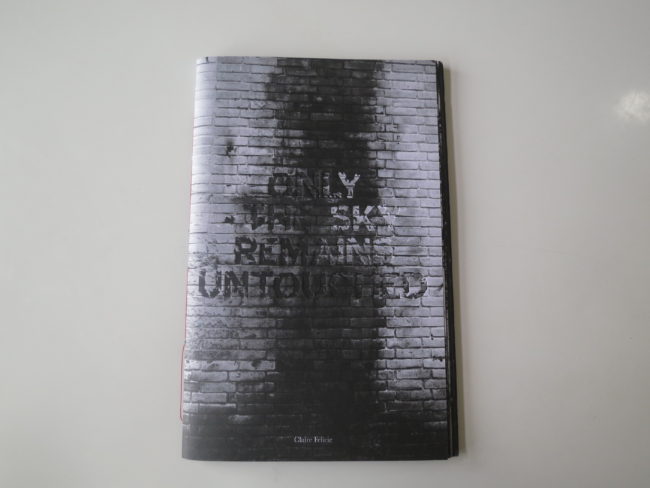
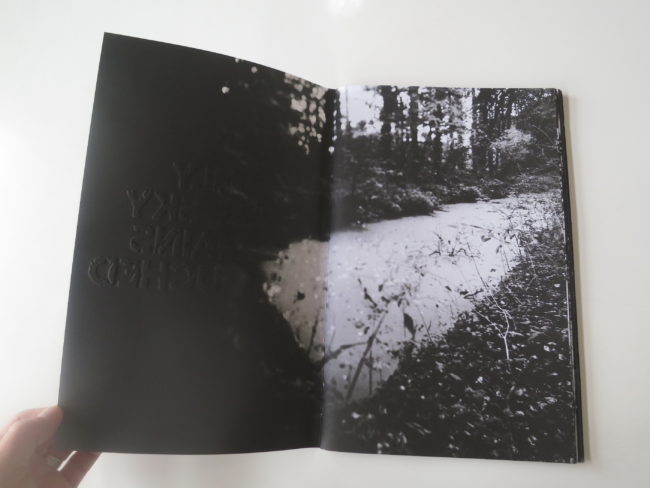
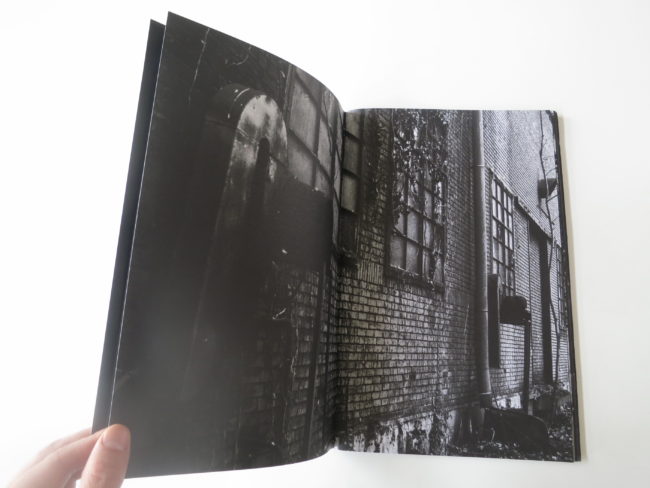
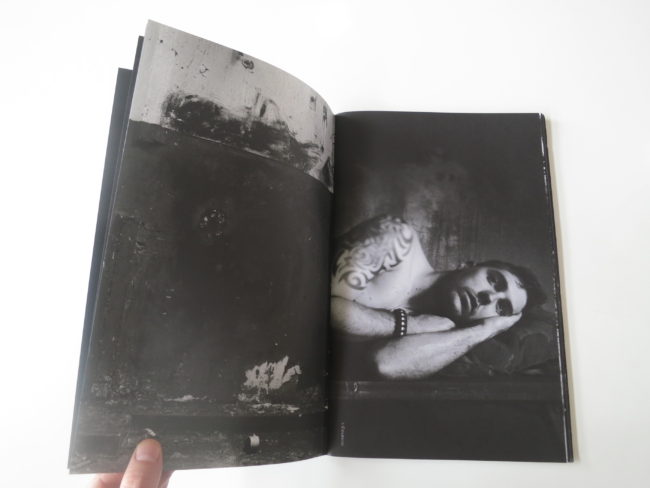
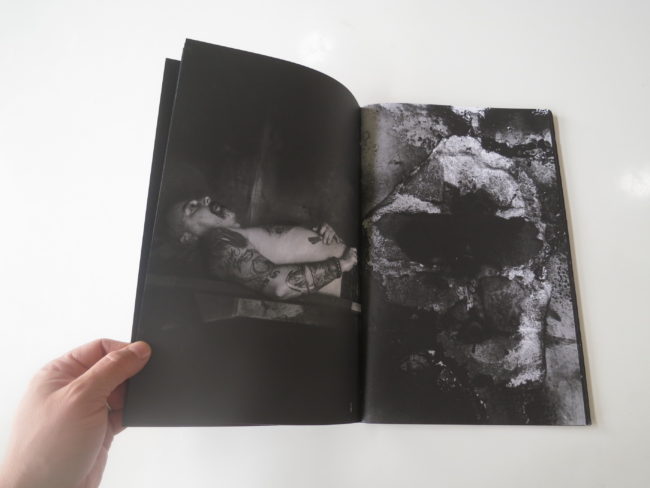
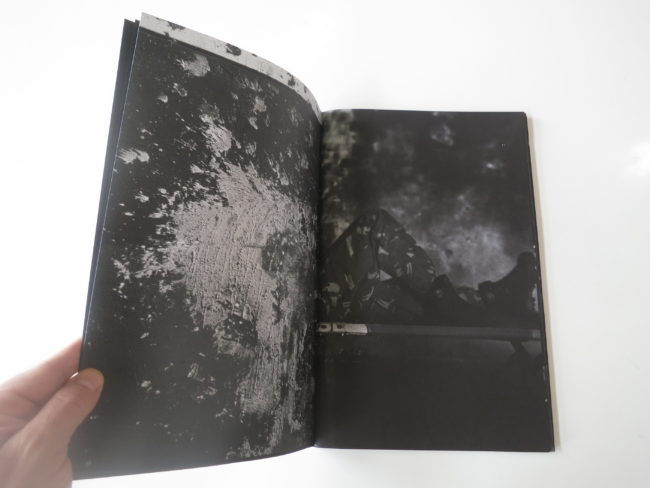

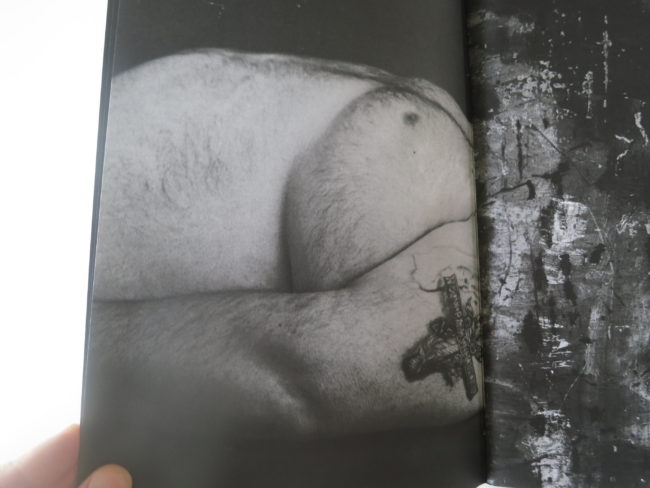
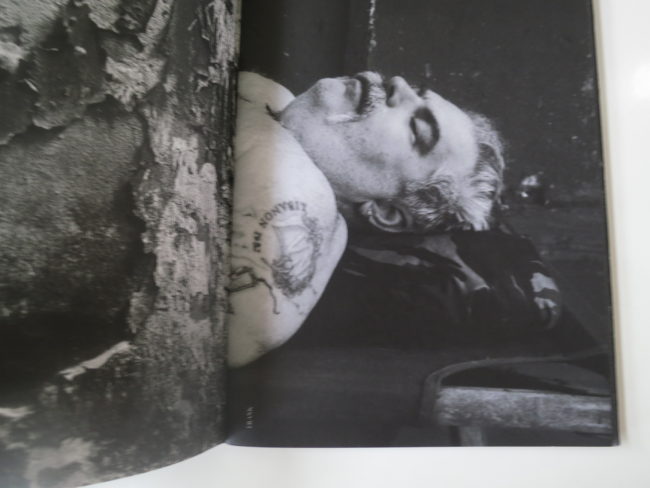
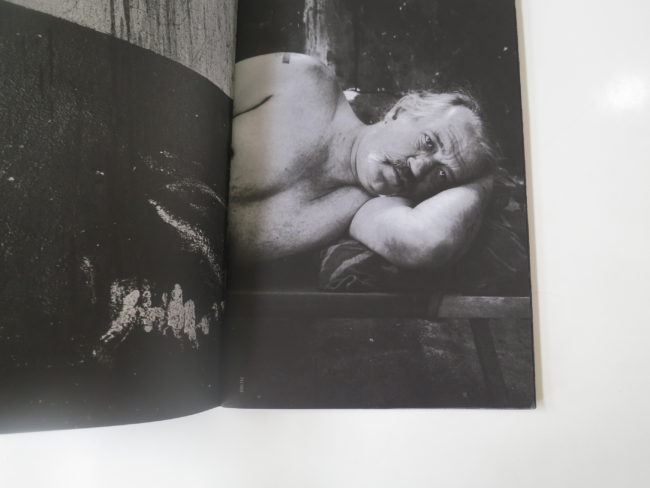
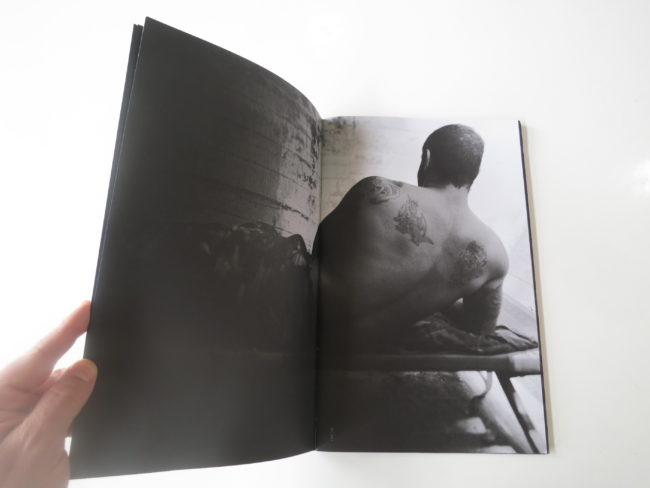
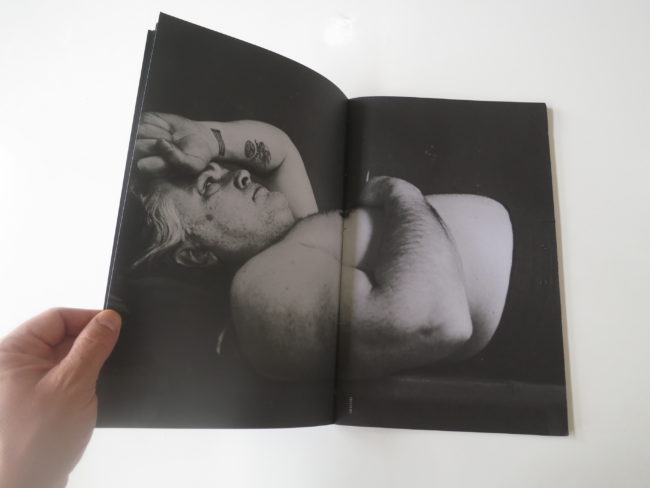
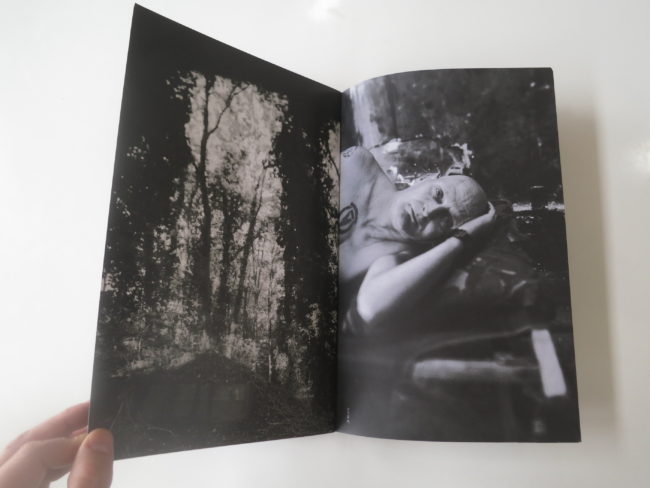
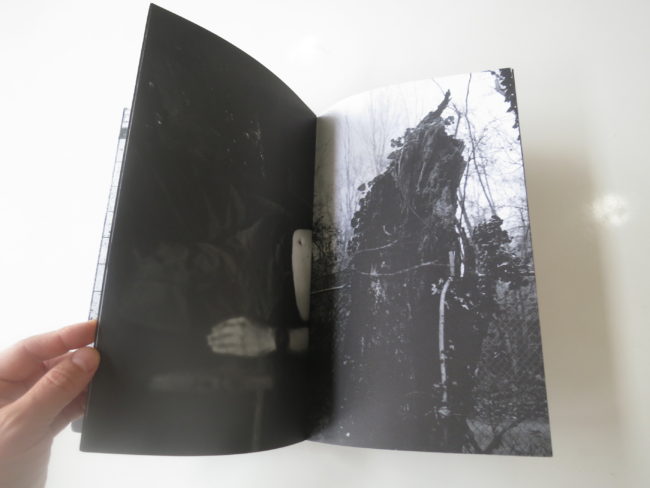
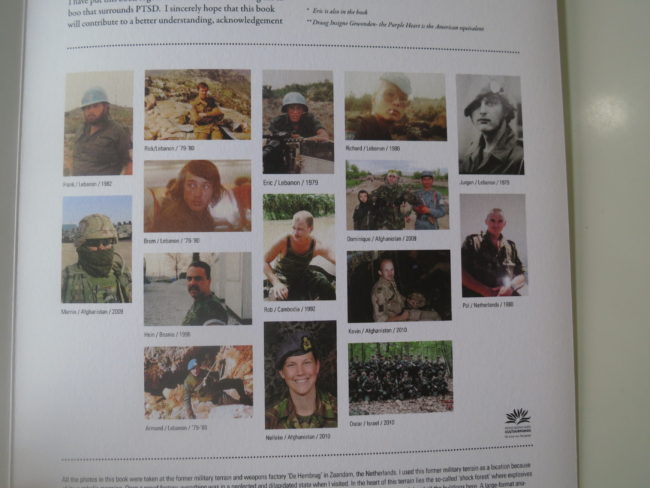
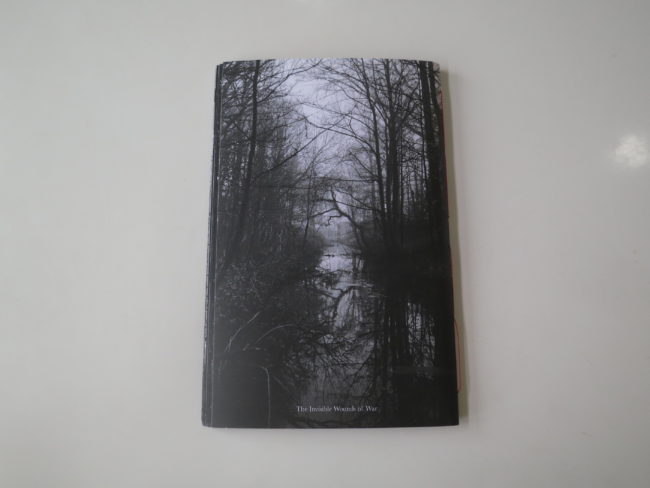
2 Comments
Unlike previous administrations, this one not only spins, it makes it up wholecloth- and on a regular basis. Like the soldiers in this book, there is no precedent for what they’re experiencing- and no guarantee of outcome.
Thanks, for this state of mind.
Rick who is in the book.
Comments are closed for this article!